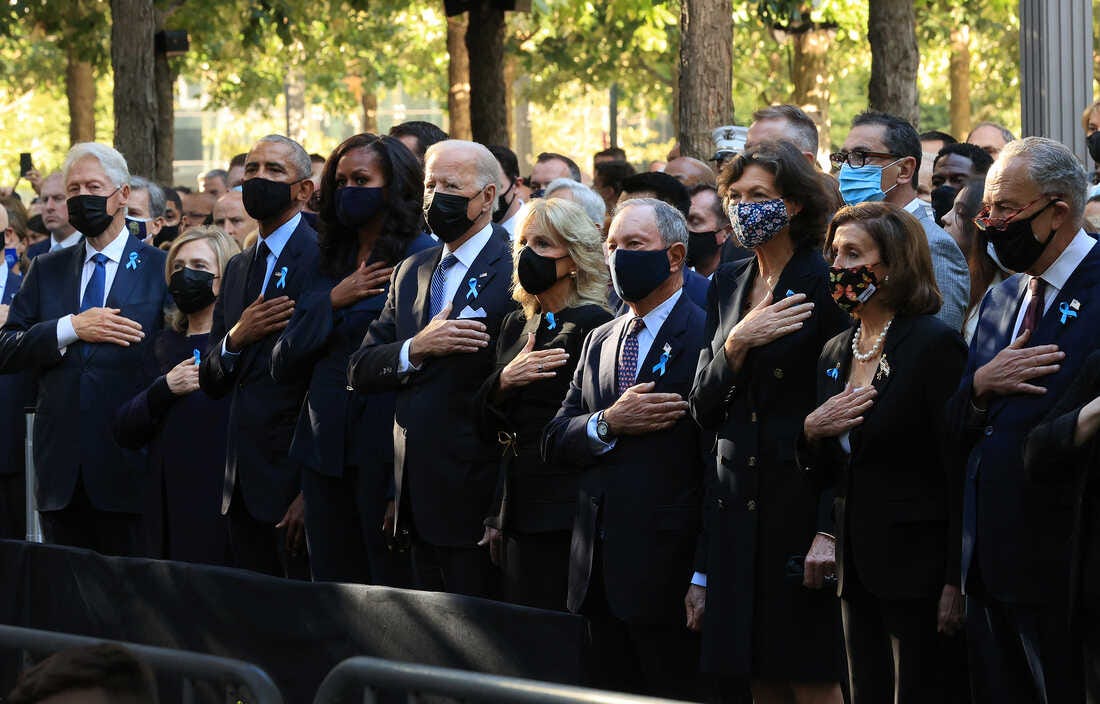
The Top 5 articles for your week:
This week, we felt the following articles speak for themselves and don’t need our extra commentary. On the 20th anniversary of 9/11, there’s much to reflect on.
“‘I was responsible for those people’” (The Atlantic)
“Why am I so mad all the time?” he said, shaking his head. “I don’t know. I really don’t know.”
“None of that is an excuse,” he told me. “And 9/11 isn’t an excuse. But, you know, yesterday …” He paused. “Yesterday was hard.”
“What,” I asked him, “was the hardest part?”
“There were names that I couldn’t remember,” Glenn said, his voice quivering. “And that makes me feel horrible. It hit me really hard. When we got back to the restaurant, that’s all I could think about. I was responsible for those people, you know? And I couldn’t even remember some of their names.”
We rode in silence for a minute. Then he went on. “The only secret to life that I’ve discovered is that you’ve got to keep going. Right? That’s what I’ve always subscribed to. If you keep going, you find happiness, because people will need you,” Glenn said. “And honestly, as terrible as 9/11 was, I found some happiness afterward because I could help those people. People needed me—”
He stopped and swallowed hard. “It’s been 20 years. They don’t need me anymore. And I can’t even remember some of their names.”
“They Created Our Post-9/11 World. Here’s What They Think They Got Wrong.” (Politico Magazine)
“I think the thing I would have done differently is tried to be more effective in promoting this idea of harnessing all instruments of national power. Obviously, I wasn’t very effective at that. I think if we had done that, then you wouldn’t have the military bearing the brunt of the action.”
“We were in a world where every problem was a military problem, and I don’t think in either one of those conflicts [Iraq and Afghanistan] that’s true. The real problems are much different. The military has to play a role, but it may not be the central role. And we kept trying to make it the central role.”
“The Photographs of 9/11” (NYT)
If I hadn’t swapped for the long lens that I had on my camera two days before; if I hadn’t gone to the west side because the road was blocked; if I hadn’t stopped at that moment, out of breath after running toward the World Trade Center; if I hadn’t looked at the burning tower thinking, “Wow, it looks like it could collapse any second,” if I hadn’t … I still don’t know why I was destined to capture that moment.
“A visit to the ghosts of Ground Zero” (Washington Post)
But of course it is, and with it, almost 3,000 people, a few of whom I knew. I don’t want to claim that I knew any of them that well: I’m not trying to borrow the grief of those who suffered devastating losses. I only say that I knew them, and resent the absence of a real person, not “an American” or “a victim of 9/11.” When I stare down into the hole at the memorial’s heart, I think about them, and the buildings they died in, and I think: They were here, and real, and now they are gone, all of them gone. For 20 years, no one has known them.
“From 9/11’s ashes, a new world took shape. It did not last.” (AP)
Instead of a new order, 9/11 fueled 20 years of war abroad. In the U.S., it gave rise to the angry, aggrieved, self-proclaimed patriot, and heightened surveillance and suspicion in the name of common defense.
It opened an era of deference to the armed forces as lawmakers pulled back on oversight and let presidents give primacy to the military over law enforcement in the fight against terrorism. And it sparked anti-immigrant sentiment, primarily directed at Muslim countries, that lingers today.



